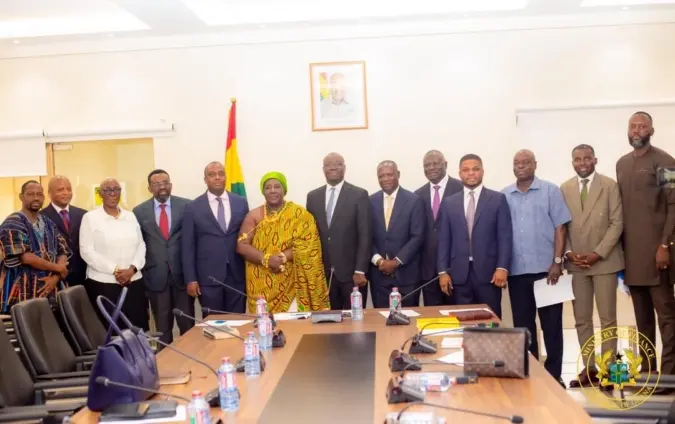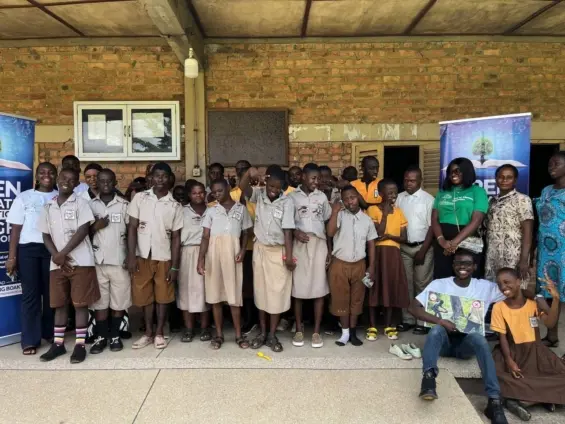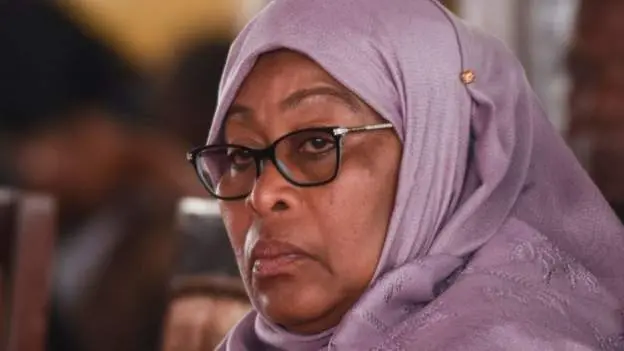In the bustling marketplaces and remote villages of Ghana, a financial revolution is quietly unfolding. Fueled by mobile technology, the country is rapidly becoming a leader in digital finance, transforming how its citizens save, spend, and invest. According to recent data, mobile money usage has surged, reflecting a significant shift towards a cashless economy. This transformation was a key focus of Dr. Mahamudu Bawumia’s recent address at the Cambridge Africa Business Conference on May 17, 2025.
Dr. Bawumia, the former Vice President of Ghana, has been a key architect of the nation’s digital financial sector development. At the Cambridge Africa Business Conference, where the theme was “Africa’s Digital Transformation: Building Resilient Economies Through Innovation,” Dr. Bawumia highlighted Ghana’s progress in leveraging digital technologies to foster economic growth and resilience. A central theme of his address was the remarkable rise of Ghana mobile money as a key driver of financial inclusion and economic empowerment.
Dr. Bawumia argued that Ghana is emerging as a leader in mobile money in Africa, largely due to innovative policies and infrastructure. The country’s success can be attributed to strategic initiatives aimed at creating a seamless and inclusive digital financial ecosystem, positioning Ghana mobile money as a model for other African nations.
Ghana’s Rise as a Mobile Money Leader
Dr. Bawumia’s keynote address at the Cambridge Africa Business Conference underscored the importance of digital financial services in Africa’s economic transformation. He emphasized the digital reforms implemented in Ghana’s financial sector, highlighting the role of technology in driving financial inclusion and economic empowerment. The conference’s theme, “Africa’s Digital Transformation: Building Resilient Economies Through Innovation,” set the stage for Dr. Bawumia to showcase Ghana’s achievements in the digital financial space.
A cornerstone of Ghana’s mobile money success story is the implementation of mobile money interoperability (MMI). Prior to MMI, a significant challenge was the inability to seamlessly transfer money across different mobile network operators. This fragmentation hindered the widespread adoption of mobile money and limited its potential to serve as a truly inclusive financial tool.
Mobile Money Interoperability addresses this challenge by enabling seamless fund transfers between mobile wallets and bank accounts, regardless of the service provider. This means that users can easily send and receive money across different networks and financial institutions, fostering greater convenience and accessibility. Dr. Bawumia explained the impetus behind this groundbreaking initiative: “We asked the questions: why can’t we make it possible to send mobile money across different telephone companies and also why can’t the mobile money account function like a bank account by making it interoperable with bank accounts? The answer to these questions was the implementation of groundbreaking mobile money interoperability (MMI) across all banks and telcos.”
The implementation of the MMI has enabled seamless fund transfers between mobile money wallets and bank accounts, regardless of the service provider, making Ghana mobile money a truly inclusive financial solution.
Impact of Mobile Money Interoperability
Mobile money interoperability has fundamentally transformed mobile wallets in Ghana, effectively turning them into bank accounts. This transformation has significantly broadened access to financial services, particularly for those previously excluded from the traditional banking system. Dr. Bawumia noted, “This has practically turned mobile money wallets into bank accounts, drastically improving access to financial services.” This development is particularly significant in a country where a large segment of the population may not have access to traditional banking infrastructure.
Ghana’s pioneering efforts in this area have positioned it as the first country in Africa to achieve full interoperability between bank accounts and mobile wallets. According to Dr. Bawumia, Ghana has achieved over 90% financial inclusion among adults. He stated that “Ghana is the first country in Africa and one of a very few in the world to achieve this type of interoperability between bank accounts and mobile wallets,” adding that “Every adult Ghanaian can either get a traditional bank account or a mobile money account which works like a bank account.” This level of accessibility is a testament to the transformative power of mobile money and the effectiveness of the MMI initiative.
The impact of MMI is further evidenced by the exponential growth in mobile money transactions in Ghana. Between 2017 and 2024, mobile money transactions have increased fortyfold, demonstrating the widespread adoption and usage of this digital financial tool. This surge in transactions, as referenced by Dr. Bawumia with empirical data, underscores the pivotal role of Ghana mobile money in driving economic activity and facilitating financial inclusion.
Ghana’s Digital Innovation Credentials
Beyond mobile money interoperability, Ghana has demonstrated its commitment to digital innovation through the adoption of a universal QR code payment system. This system allows for seamless and secure payments across various platforms and merchants. Ghana is one of only four countries globally, alongside Singapore, India, and China, to have implemented such a system, positioning it as a global leader in digital payment innovation.
Furthermore, Ghana boasts a fully interoperable instant payment system, enabling real-time fund transfers between different financial institutions. This advanced payment infrastructure has garnered international acclaim, with Ghana’s regulatory framework in mobile money being recognized as one of the most progressive and effective in the world. The success of Ghana mobile money is thus attributable not just to one single innovation, but to a supportive ecosystem of digital financial infrastructure.
In summary, Ghana has emerged as a leader in mobile money in Africa, thanks to its innovative policies, particularly the implementation of mobile money interoperability. The MMI has transformed mobile wallets into de facto bank accounts, significantly improving financial inclusion and driving economic growth. As Dr. Bawumia stated, Ghana serves as a model for other African nations seeking to leverage digital technologies for economic development. The future of Ghana mobile money is bright, with potential for further growth and innovation in the country’s digital financial sector.
Image Source: MYJOYONLINE





















